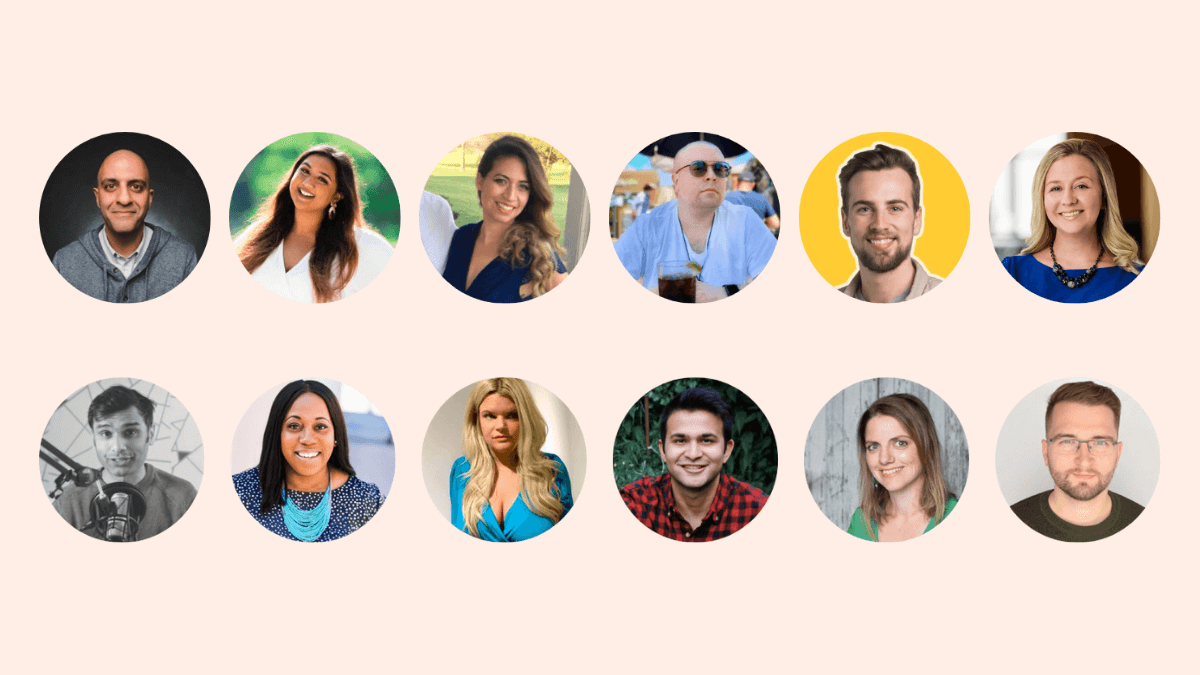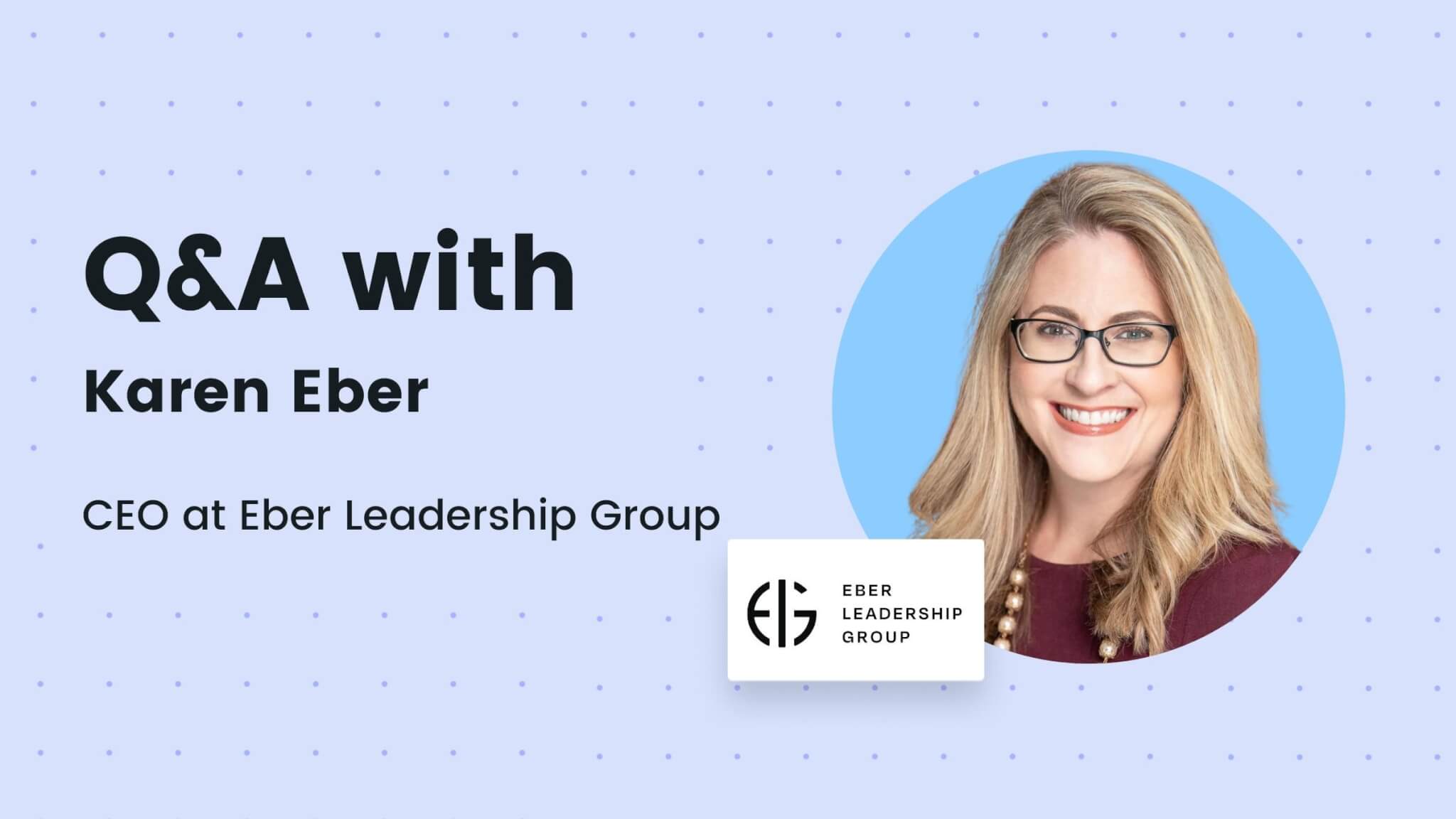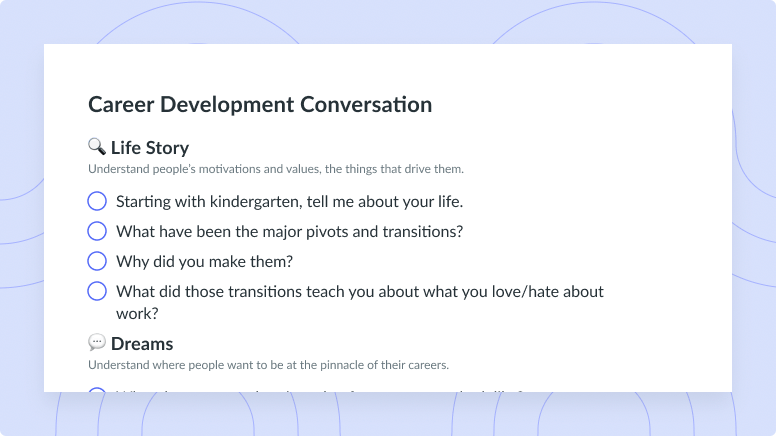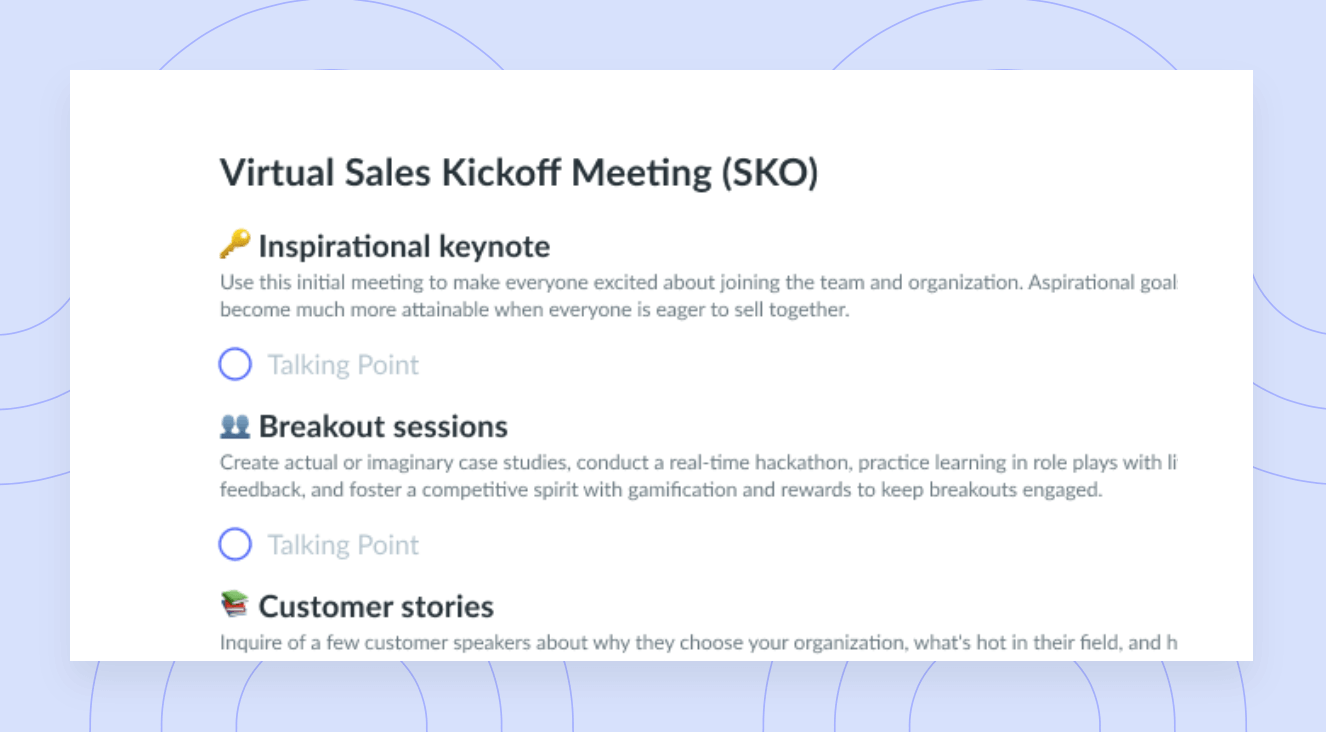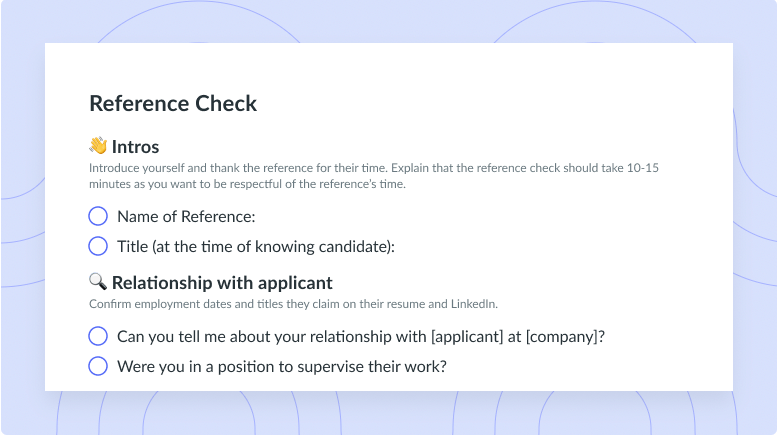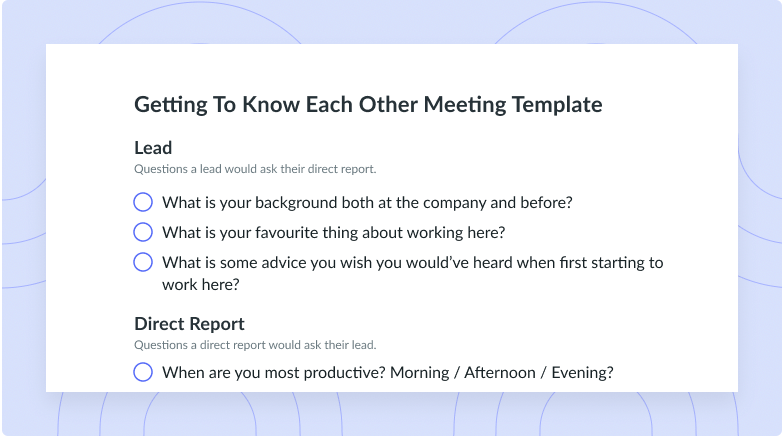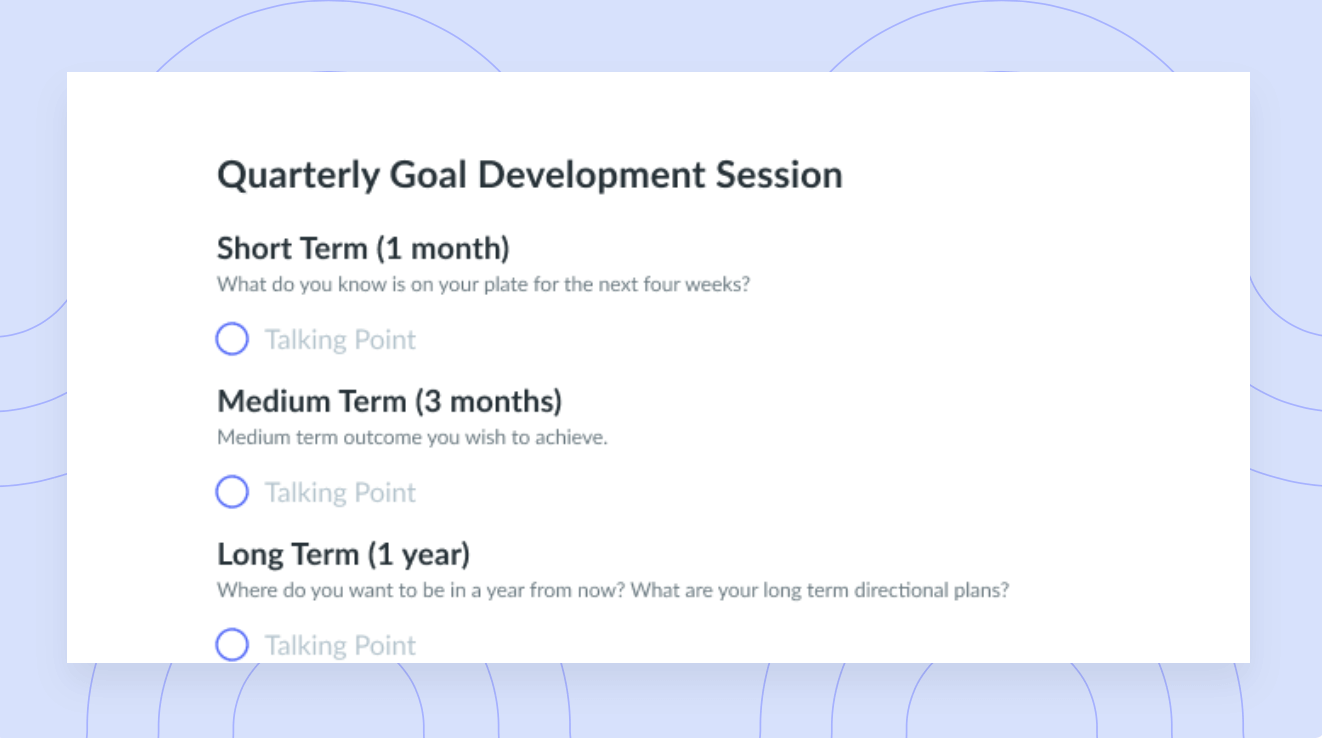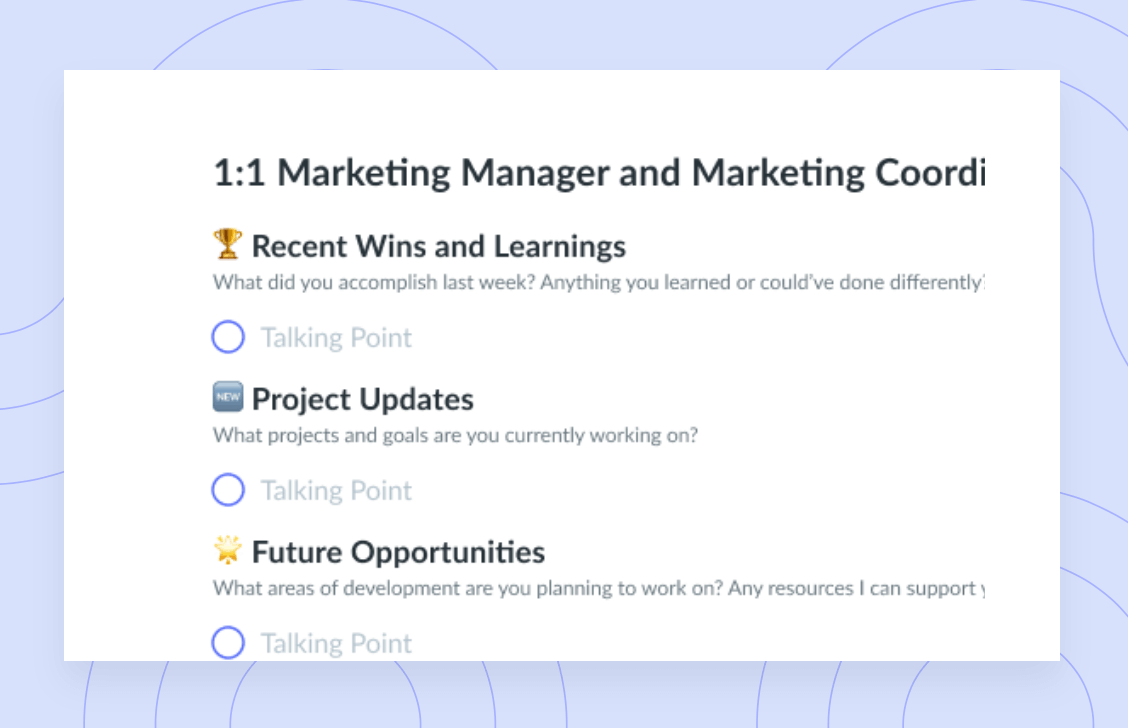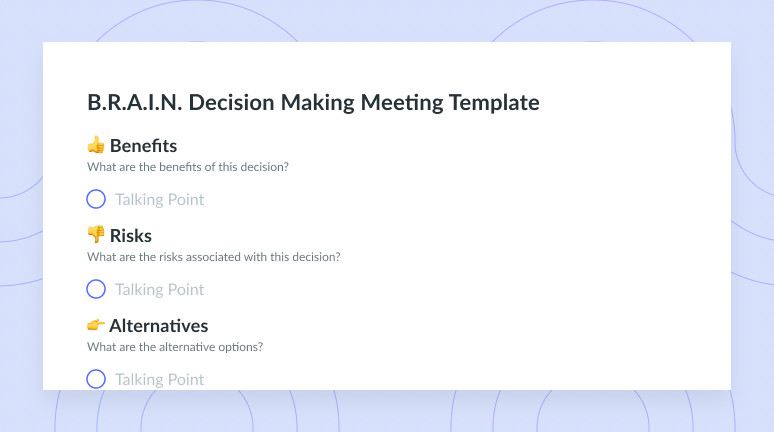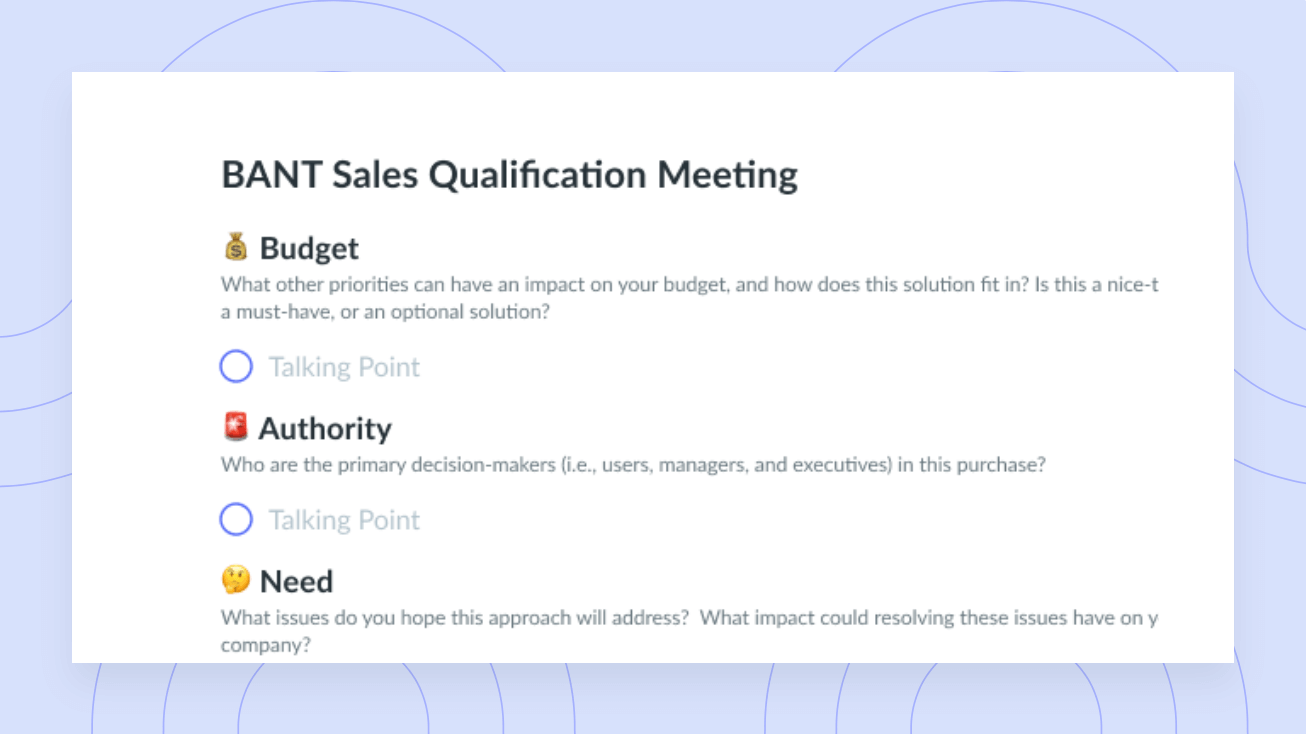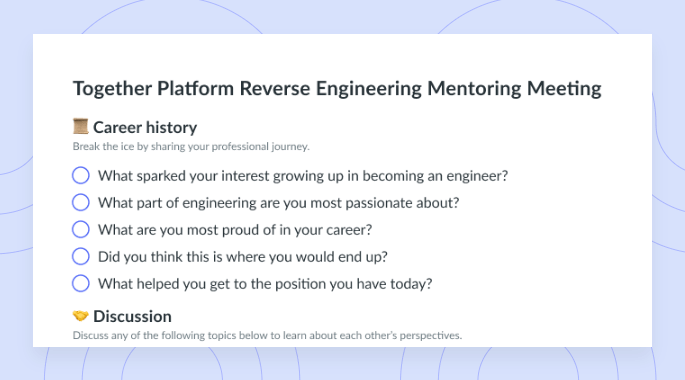Kristine Stewart: Adopting a Leadership Mindset and Becoming an Impactful Manager
Learn about the future of empathetic leadership and the many benefits from Kristine Stewart, a seasoned leadership professional and expert.
Not only is Kristine a best-selling author but she is also an established leader with an impressive resume. Kristine previously held the title of VP at Twitter where she was also the founding GM. Prior to Twitter, Kristine was the Executive VP and Head of CBC where she paved the way for other female leaders.
Presently, Kristine is the Head of the Future of Media at the World Economic Forum and an established author, striving to move the needle towards inclusive workplaces and empathetic leadership. Listen to this episode (or read the transcript below) to learn more.
1 Who was your favourite manager or leader?
I’ve had a number of bosses throughout my career because I really worked my way up from the bottom. I think that you tend to learn just as much from the bosses that were challenging as you do from the fantastic ones. I’ve had a lot of fantastic bosses but one of my first ones was the boss that I had straight out of law school. She recognized that I was a go-getter from the start and really supported my growth and challenged me along the way. I understand the benefits of having someone as a particular role model, I like to build a whole cabinet of characters that guide me through life.
2 What was your first leadership role?
My first leadership role was at Paragon. I started out at 19 or 20 years old as a new graduate and ended up being the President of the company by the time I was done. I had started out as a Receptionist and worked my way up as the company grew. I spent so many years working alongside the President, so I think it made a lot of sense for me to step into that position when there was an opening.
3 How has your leadership style changed throughout your career?
I think a lot of people get caught up in not necessarily understanding the difference between being a manager and a leader and being a boss. One of the mistakes that I made early on was thinking that I had to be a different kind of person. Sometimes you tend to build up a certain persona and you think that you have to have all the answers when in reality you should be tapping into the brainpower and skillsets of the folks you’re leading. Great leaders will be able to unlock and unleash their subordinates’ superpowers so they can contribute to the big picture.
A lot of what I did in my early days was to think that a manager was a boss, and a boss was someone who told people what to do and that’s not the best way to lead people. One major lesson I learned as a manager and by being managed was that there’s a certain method to motivating people and telling them what to do won’t work.
4 What is a leadership mindset?
It’s all about making sure that your path suits you. You have to understand that there’s no picture-perfect path towards success and it’s going to be a jungle gym with lots of ups and downs. When you begin to look ahead at your trajectory, you will begin to realize that leadership isn’t necessarily a title, it’s the impact you have. It’s the strength of your impact and that should be what’s measured as opposed to your title. It’s also an opportunity for you to flex those muscles and learn what you’re good at, and where you can create the most impact.
5 What can you do at a large organization to foster having a leadership mindset?
As a leader, it’s important to recognize that you’re not there to be the only leader at the table and you’re there to empower others to lead as well. The opportunity you have as a leader at a large organization is to understand what your skill set is and what the skillsets are of those around you. It’s important to identify everyone’s skill sets because you should ultimately be assembling a team that thrives and works well together. Tapping into their strengths and skills and empowering them to lead themselves is essential.
6 How do you balance the feeling of having an impact and feeling like you’re able to contribute to the success of the company?
It’s all about trusting your team, making open communication a priority, and frequently doing check-ins. Trust is a two-way street. As a manager or leader, you need to be able to trust that your team is capable of carrying out your vision and your team needs to know that you’re going to be there to support them when something goes wrong.
If you want to innovate and test out new things, you need to be able to trust your leader. As a leader, it’s your responsibility to provide a safety net and you should strive to create a sense of comradery or togetherness.
7 What are some of the characteristics of modern leadership?
When I wrote Our Turn there was a general understanding that leadership was changing, and I think it’s continuing to change today. We’ve recently been seeing evidence that female leaders of certain countries have been thriving during the pandemic because they have been quick to react and more empathetic than their male counterparts. They are more attuned to science and make science-based decisions because they are open to taking input from others.
Skills like checking in and listening to others that have been considered soft skills in the past and I think that’s where we’re seeing a major shift. Leadership isn’t so much about having a corner office and being commanding but it’s becoming more important to be more connected to your team and the world. You have to have the ability to look outside of yourself and take advantage of the world around you and tap into your surroundings.
8 Why did you dedicate your time to addressing the fact that women were not participating as heavily as men during the townhall meetings at Twitter?
It was important for me to create a space where leaders that may not have necessarily looked like traditional leaders could be heard and have access to equal opportunities. At Twitter, we created a group called SWAT which stood for Senior Women at Twitter, and we used this group to support young women that we thought could contribute in meaningful ways.
We basically set out to identify folks that we knew had great ideas and thoughts so we could approach them before the townhall and support them so they felt like they could share their progress or recent projects with the team. We wanted them to know that it would be beneficial for everyone on the team to hear their voice. The backing and support we provided to these women made them feel like they could microphone the town hall.
9 Do you have any resources, tips, or tricks for up-and-coming leaders or managers?
Things like the pandemic kind of shine a light on some inequalities that have been sustained over time and maybe gotten worse instead of getting better. I wrote the book Our Turn five or six years ago and the points are still just as relevant today as when the book was published so I definitely recommend reading it.
Additionally, I recommend that anyone that is exposed to any type of activism or cause do more research so you can really lean into it and educate yourself so you can identify the people or minorities that aren’t being seen. It’s important to identify your own biases and learn how you can be helpful and assist others that are not getting ahead.

